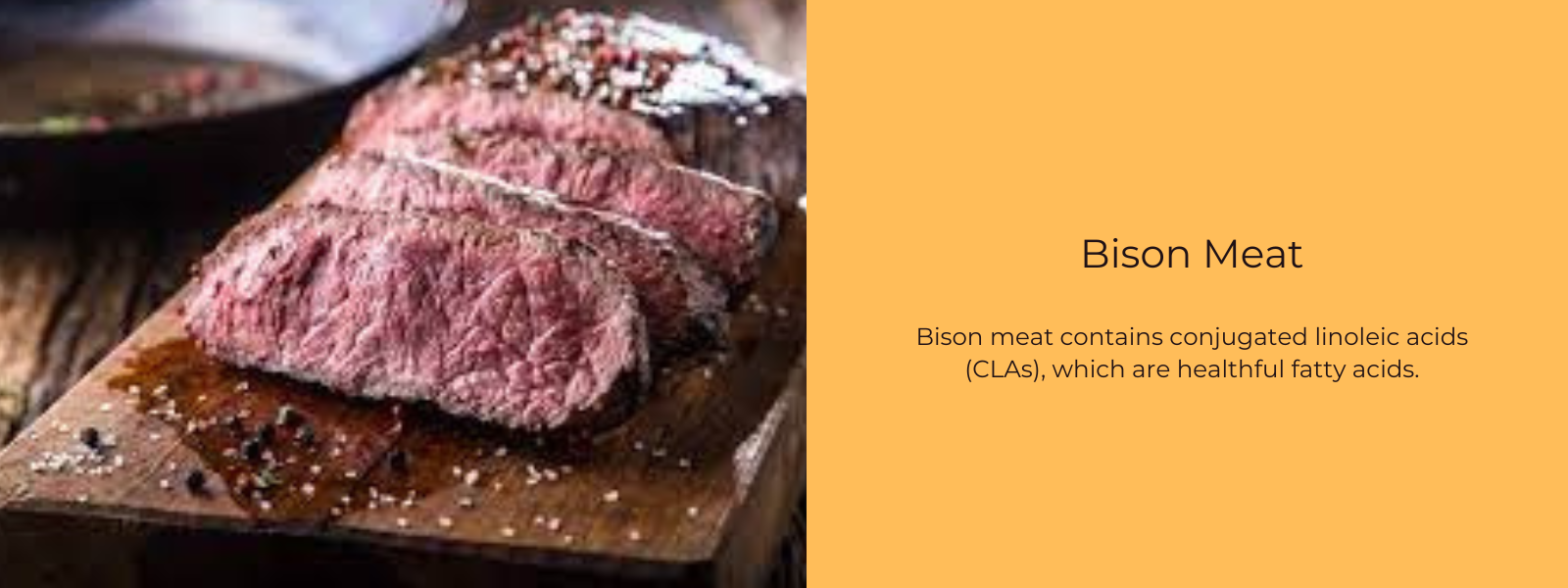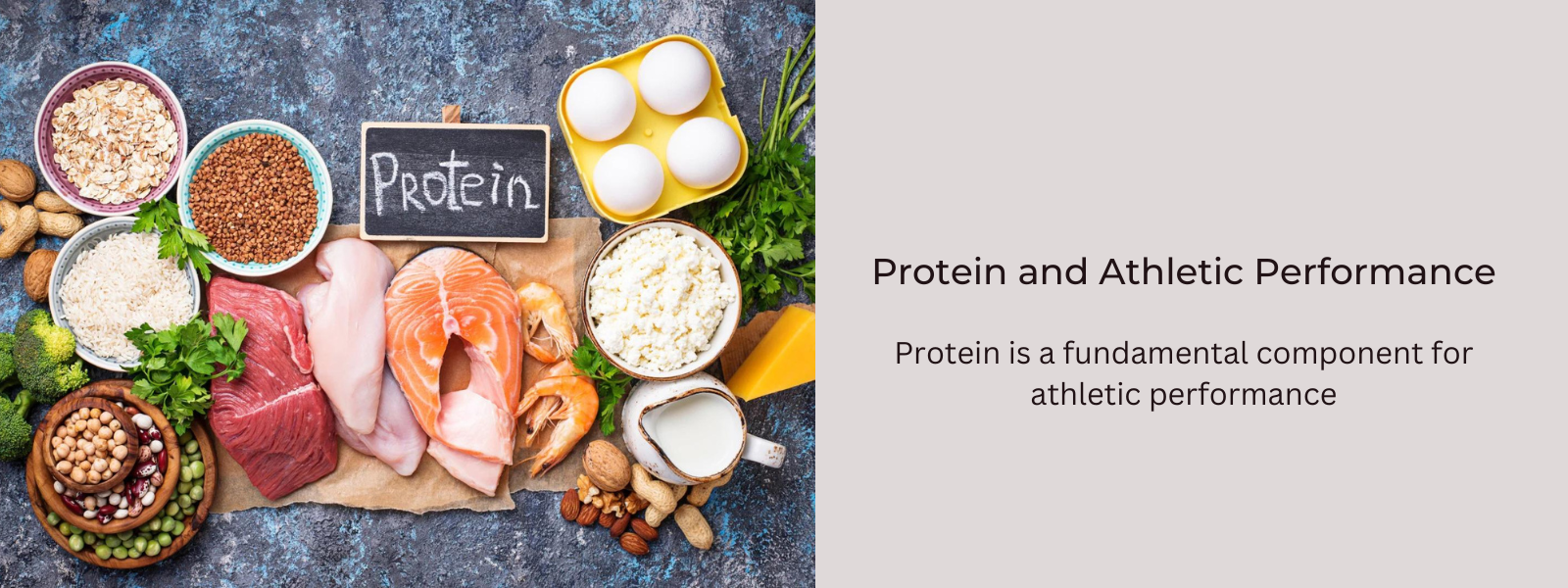Animal liver and kidneys are among the richest sources of vitamin B12, an essential nutrient with numerous health benefits. Vitamin B12 plays a crucial role in energy production, red blood cell formation, and neurological function. It helps convert food into energy, prevents megaloblastic anemia by aiding in the formation of healthy red blood cells, and maintains the myelin sheath for proper nerve transmission. Additionally, B12 supports DNA synthesis, cognitive health, mood regulation, cardiovascular health by lowering homocysteine levels, and bone health. Consuming these organ meats can significantly boost B12 intake, contributing to overall vitality and wellness, though they should be eaten in moderation due to their high cholesterol content.
Read on to learn the detailed health benefits of vitamin B12 derived from consuming these organ meats:
Table of Contents
Energy Production
Vitamin B12 plays a key role in converting food into energy. It helps in the metabolism of fats and carbohydrates, and is essential for the production of ATP, the energy currency of the cell. A deficiency in B12 can lead to fatigue and weakness due to impaired energy production.
Red Blood Cell Formation
Vitamin B12 is necessary for the formation and maturation of red blood cells. Adequate levels of B12 help prevent megaloblastic anemia, a condition characterized by the production of large, abnormal, and immature red blood cells that can't carry oxygen efficiently.
Neurological Function
Vitamin B12 is vital for the maintenance of the myelin sheath, a protective coating around nerves. This helps in the proper transmission of nerve impulses. Deficiency can lead to neurological issues such as numbness and tingling in the hands and feet, difficulty walking, memory problems, and mood changes.
DNA Synthesis
B12 is essential for DNA synthesis and cellular replication. It works in conjunction with folate (vitamin B9) to produce nucleotides, the building blocks of DNA. This is particularly important for rapidly dividing cells, such as those in the bone marrow, which produce red and white blood cells.
Cognitive Health
Adequate B12 levels are associated with better cognitive function and a lower risk of neurodegenerative diseases like Alzheimer's. It supports brain health by preventing brain atrophy, which is associated with memory loss and cognitive decline.
Mood Regulation
Vitamin B12 plays a role in the synthesis of neurotransmitters such as serotonin and dopamine, which are critical for mood regulation. Deficiency in B12 can be linked to mood disorders like depression and anxiety.
Cardiovascular Health
Vitamin B12 helps in the reduction of homocysteine levels, an amino acid linked to an increased risk of heart disease. Elevated homocysteine can damage the lining of the arteries and promote blood clots. B12, along with folate and vitamin B6, helps convert homocysteine to methionine, thereby lowering its levels.
Bone Health
Some studies suggest that low levels of vitamin B12 may be associated with a higher risk of osteoporosis. B12 helps in the proper functioning of osteoblasts (cells responsible for bone formation) and maintaining bone mineral density.
Sources of Vitamin B12 in Animal Liver and Kidneys:
- Liver: Liver from various animals, particularly beef, lamb, and chicken, is exceptionally high in vitamin B12. For example, a 3-ounce serving of beef liver can provide more than 70 micrograms of vitamin B12, which is over 1,000% of the daily recommended intake.
- Kidneys: Kidneys from lamb, veal, and beef are also excellent sources of vitamin B12. A 3-ounce serving of lamb kidneys provides about 55 micrograms of vitamin B12.
Consumption Tips:
- Moderation: While liver and kidneys are nutrient-dense, they should be consumed in moderation due to their high cholesterol content.
- Preparation: These organ meats can be prepared in various ways, including frying, grilling, or making pâtés. To retain maximum nutrients, it's best to cook them lightly.
- Balanced Diet: Incorporate these foods as part of a balanced diet to ensure you get a broad spectrum of nutrients.
Conclusion:
In summary, consuming animal liver and kidneys can significantly boost your vitamin B12 intake, leading to numerous health benefits, especially related to energy production, neurological health, and cardiovascular health. However, it is important to consume them in moderation as part of a balanced diet.











Leave a comment